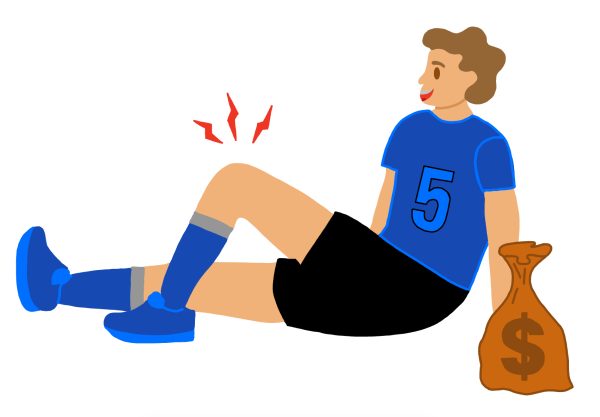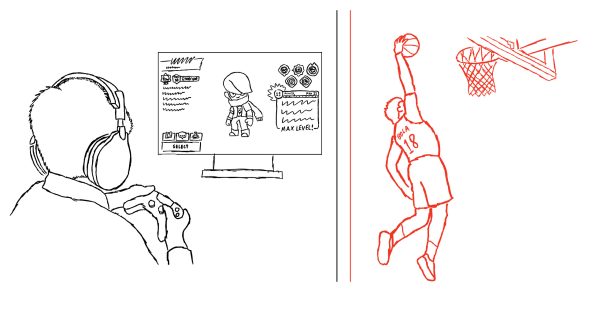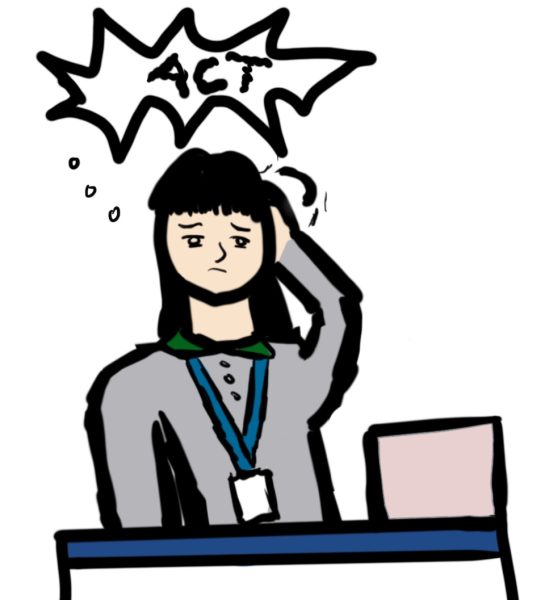Activism without action solves nothing
Buried somewhere in the depths of my closet lies my once most-prized item of clothing: a gray t-shirt with the word “feminist” sprawled across the chest in pastel pink letters. Purchased seven years ago from my local Forever 21, the shirt was a staple of my middle school wardrobe. It was not until recently, however, that I realized the utter irony of the shirt’s entire existence.
Forever 21 is a fast-fashion brand with over 750 locations worldwide and an estimated worth of 4.4 billion dollars at its peak in 2015. The site boasts an extensive collection, updated near-constantly in order to keep up with the accelerated trend cycle of the social media age. Yet beneath the curated Instagram ads lies a stark reality for laborers and manufacturers who work under harsh conditions for meager wages. In an interview with Bloomberg BusinessWeek, one Los Angeles factory worker reported that she was paid 12 cents per unit to sew vests which retailed for just under 14 dollars. In fact, both domestic and international factories manufacturing brands such as Forever 21, FashionNova, and SHEIN have caught fire for paying workers severely under the minimum wage. For women living near or below the poverty line, the conditions of factory work are debilitating. While my once-adored shirt allowed me to adopt a shallow habit of virtue signaling, it’s message contradicted the means by which it was produced. Activism without action behind it is ultimately worthless; it even has the possibility of being harmful.
Activism has been adopted by many modern companies and brands as a marketing ploy to sell products to an increasingly socially-aware demographic. In some cases, these attempts fall flat with consumers and highlight their own insensitivity. Take, for example, the infamous 2016 Pepsi commercial in which supermodel Kendall Jenner swiftly ends a protest by carelessly handing a police officer a cold soda. This choice was nearly-universally interpreted as an oblivious attempt to capitalize on the fervent protests of the year which surged after the deaths of Alton Sterling, Philando Castile, and Laquan McDonald at the hands of the police. Critics of the ad claimed it trivialized the Black Lives Matter movement and oversimplified divisions between activists and officials on both sides of the issue. Moreover, the ad seemed to promote the eerie yet quintessential modern idea that complex social issues can be simply solved by the embrace of capitalism.
The trend of performative activism also extends on a personal scale. During the resurgence of the Black Lives Matter movement, Instagram feeds were flooded with black squares, an effort claiming to direct attention to the issue. Many people also began reposting colorful, organized infographics simplifying current events and calling others to act. This small-scale awareness is by no means a bad idea–However, this approach loses validity when it is the only way in which you engage with the issues, as well as when the intent is personal virtue signaling rather than actual change. In the same way that businesses have a responsibility to advertise in ways that are true to their brand ethics, on a personal level, our values should line up with our actions and economic decisions.
It is true, though, that for many people, it is extremely difficult to live completely in ways which completely affirm your own values, due to social, economic, and geographical discrepencies. You may not be able to pay sometimes double the price for sustainably sourced clothing, access environmentally-friendly resources, or personally participate in protests due to physical or locational restrictions. However, this does not mean that you should not make an effort to do what you can in order to support whatever cause you are passionate about. Solving this issue also comes with another responsibility: research and truly understand the companies and brands with which you engage regularly. In other words, do what you can with the resources and opportunities you have available to you.
In the modern era, activism has been diluted so much that the word has lost its true meaning. In just a click of a button, people can share media or content which allows them to feel as if they are making a difference. But in reality, real change can only be brought on by concrete and genuine work. If you’re going to claim to hold a certain set of values, then there is an expectation on you to live those values in your daily life, and to be an activist means to stand firmly for your beliefs, even when you have to make personal sacrifices in order to do so.
Your donation will support the student journalists of Saint Viator High School. Your contribution will allow us to purchase equipment and cover our annual website hosting costs.








